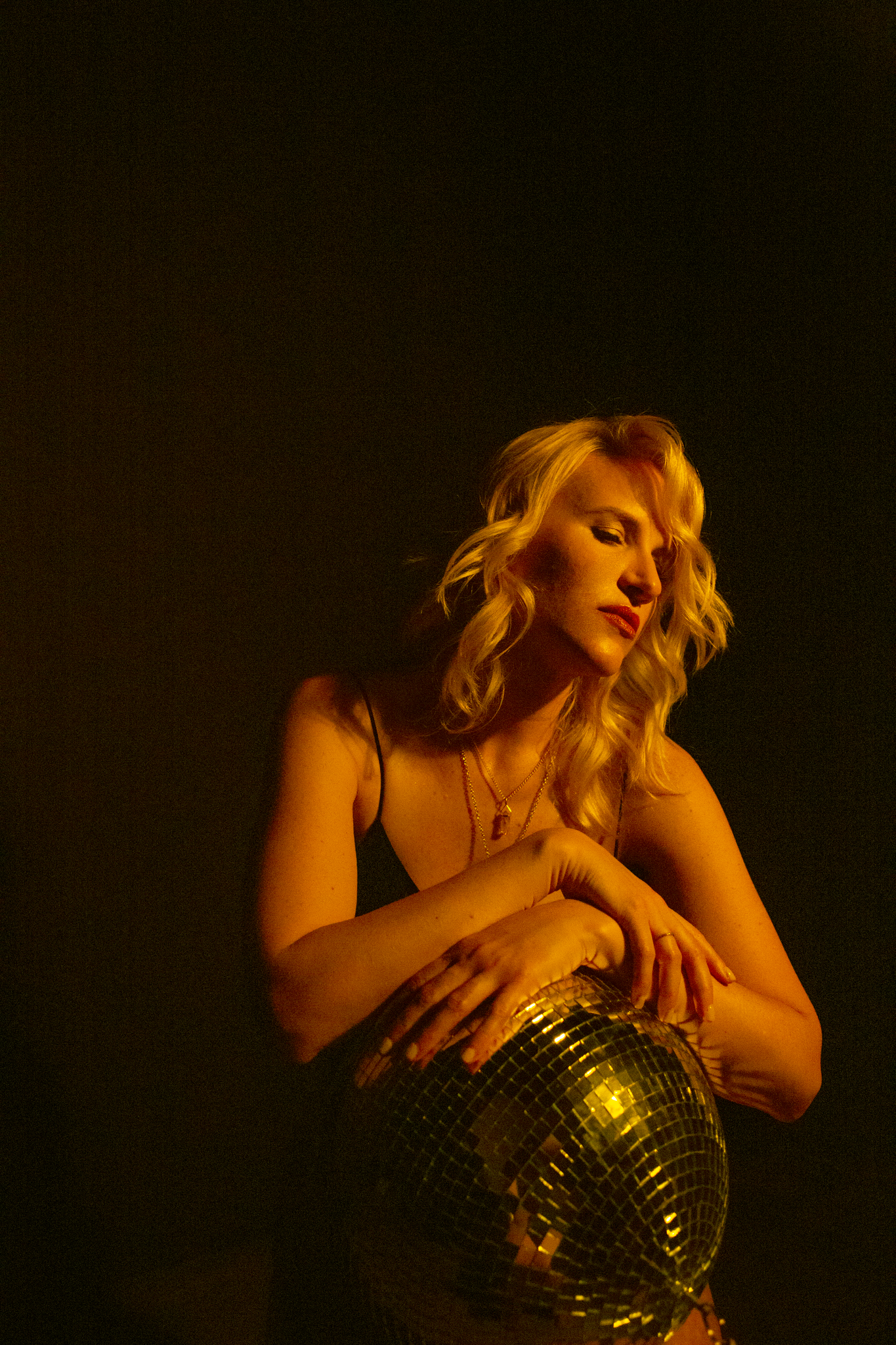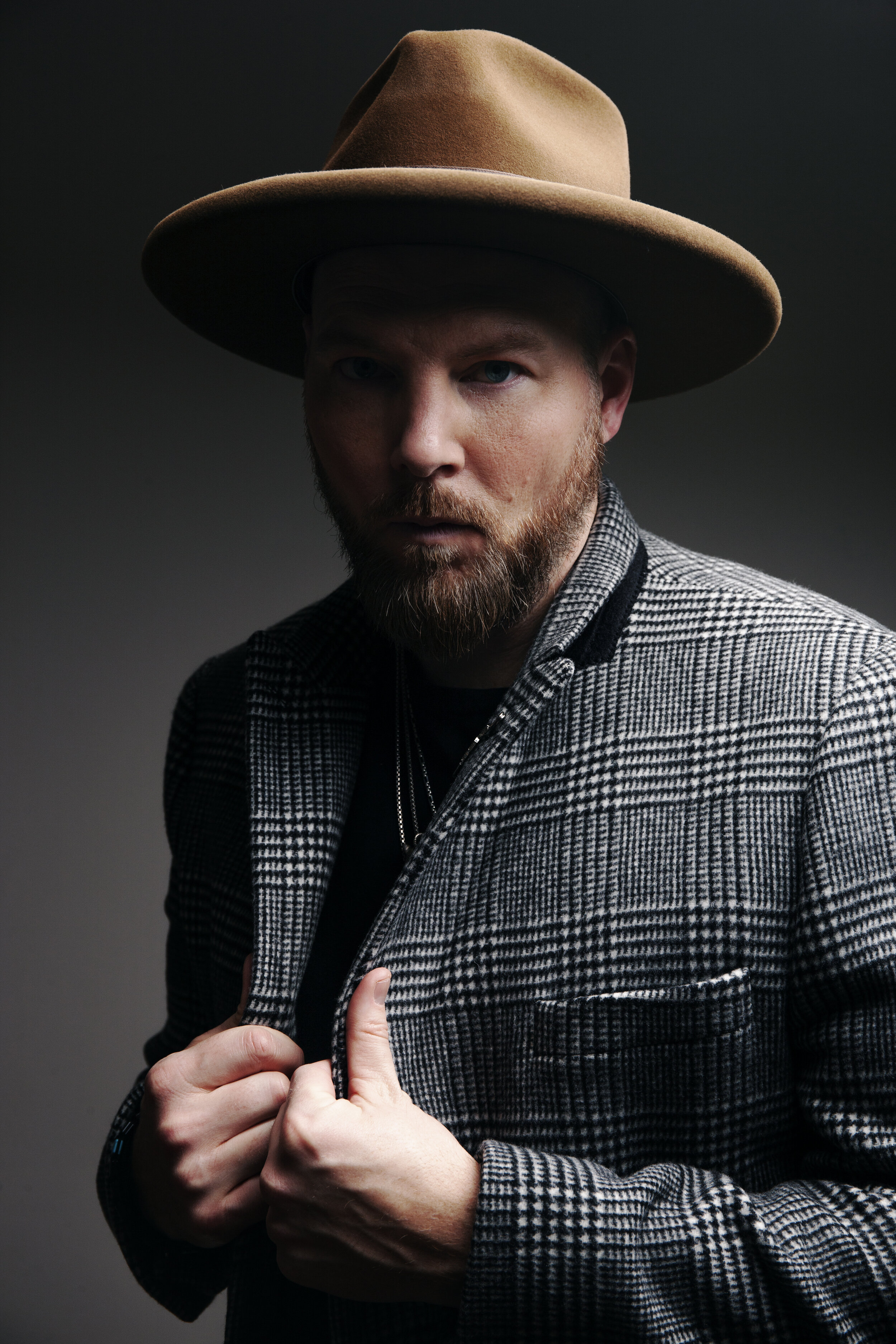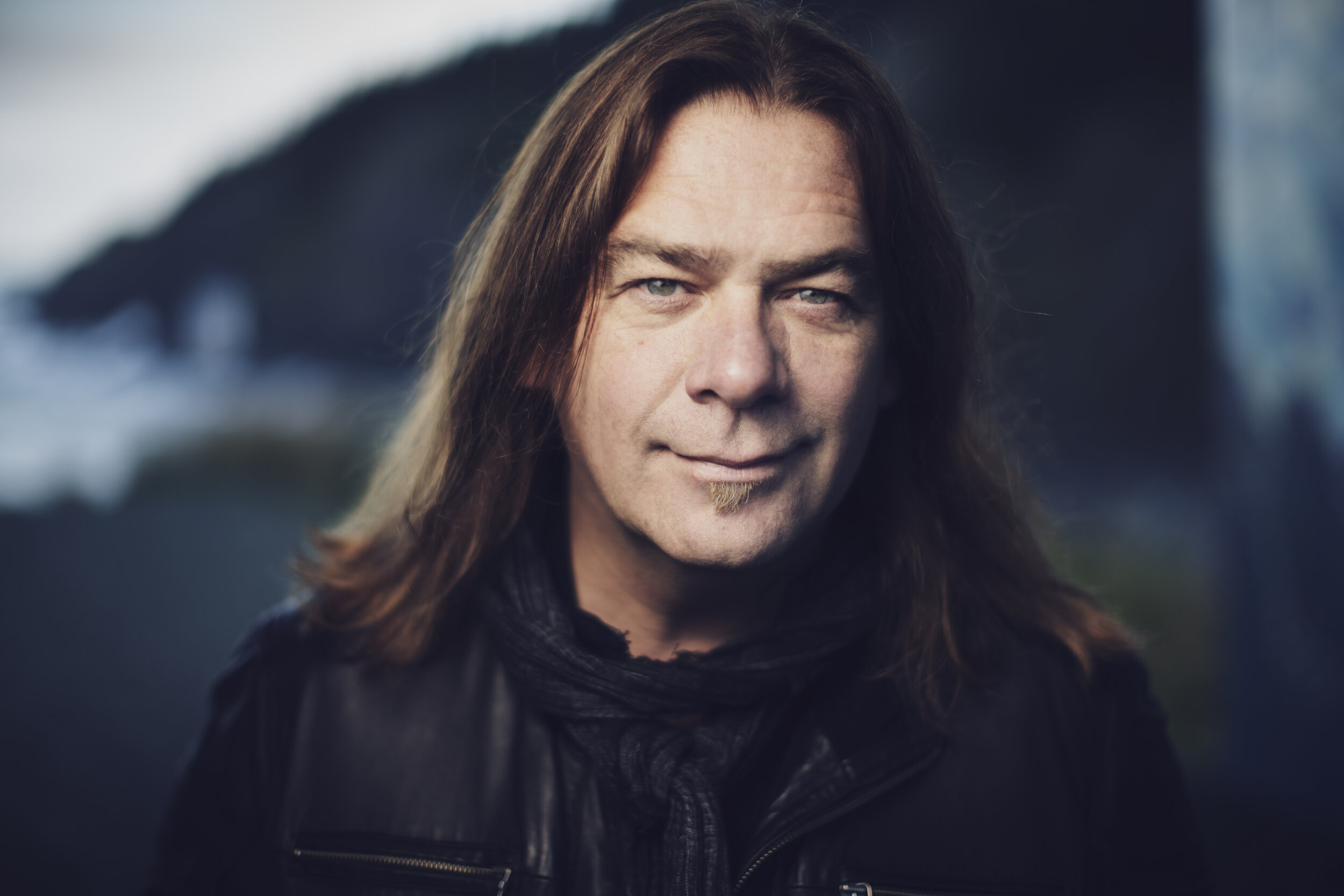KEEP UP WITH ELEANOR BUCKLAND
WEBSITE || INSTAGRAM || TWITTER || SPOTIFY || YOUTUBE
Since 2014, Eleanor Buckland has been one-third of Lula Wiles, the Boston-based folk-rock trio that has become an acoustic music scene favorite with their three critically hailed albums. For much of this time, however, Buckland was also working on another musical project – her own album. You Don’t Have To Know (due on October 29) spotlights a different side of Buckland’s musical interests as it sets her deeply personal songs against inventive indie rock arrangements.
Buckland didn’t know she was headed to making a solo album when she started writing the songs found on You Don’t Have To Know. Initially, she was thrilled simply having the freedom to get creative and write for herself. Although she thought about recording the tunes, the idea arose from a suggestion by Adam Iredale-Gray, a friend of Buckland’s (and her Lula Wiles bandmates Mali Obomsawin and Isa Burke) at Berklee College of Music and producer of the trio’s self-titled first album. While recording that album, Buckland and Iredale-Gray noticed, as she explains it, “a magical spark of synchronicity in our creative processes.”
In February 2017, Buckland met up with Iredale-Gray in Toronto, a home base for the Juno- nominated producer/multi-instrumentalist. She brought along the three songs she had finished: “Don’t Look Down,” “Just Love,” and “How Fast, How Far.” When this session began, they weren’t sure whether they were making an EP or an album or if it would be a band or duo project. It was Iredale-Gray, Buckland recalls, who could hear that they clearly were making her solo album. “I think she really found her own voice in a new setting,” Iredale-Gray explains.
The first song they recorded, “Don’t Look Down,” wound up being the album’s first track too. Reflecting the dark time Buckland was experiencing when she wrote it while also holding glimmers of hope, the song was her clear choice to lead off You Don’t Have To Know. “We built the rest of the album upon this musical foundation,” she reveals. “I think of that song as both a question and the thesis statement for the record.”
Serving too as the first single off of You Don’t Have To Know, “Don’t Look Down” comes out digitally on July 23. It will be followed each month by another song, leading up to the album’s October 29 debut. The restlessly paced “Static” arrives August 20, with the alluring pop jam “I’m Not Saying” being released September 10 and the introspective folk ballad “October” coming out, appropriately enough, on October 1.
On You Don’t Have To Know, Buckland takes listeners on an emotional journey as her songs address love complicated and love lost, explore struggles with depression and insecurity, and grapple with feelings of uncertainty and helplessness. Or as Buckland succinctly describes the album: “It’s about me trying to figure out who I am and who I was at that time.”
She delves into the darkness and noise of anxiety on “Static,” and examines unhealthy sides of relationships on tracks like “I’m Not Saying” and “Call Me Up.” In the exquisitely composed “Wishing Is Useless,” she considers the dilemma: “how do you love somebody who is experiencing intense grief while your intimate relationship is falling apart at the same time?” In “Resignation,” Buckland suggests the beauty of solitude as a remedy for heartbreak while “Just Love” offers a defense of love even when it’s doomed from the start.
You Don’t Have To Know concludes with the title track because, as Buckland reveals, “it was immediately clear to me that this song was the resounding affirmation of the album.” This song delivers her response to the various daunting life questions - how do I do this? what do I want? how can I figure this out? – that she contemplated throughout the album. Her answer to these complicated questions is a simple one: “you don’t have to know.” Buckland has found that embracing the “unknown” and realizing that you don’t need to figure it all out yet are ideas that can be quite empowering and provide a welcome sense of hopefulness. “You may lose yourself at times in the chaos of living, but I also believe you can find your way again,” she explains. It’s an approach she has discovered to be helpful in navigating through challenging situations that would have freaked out her 22-year-old self.
This emotionally powerful song cycle reflects the struggles Buckland went through in her early 20s. “What I love to do in songs,” she states, “is to get to the root and the heart of the feeling and the experience – to get to something real.” The songs, however, also hold a universality through the vulnerability and intimacy expressed in her songwriting. “I feel really strongly that as a songwriter, getting intimate and being specific to your own experience is an avenue to connect with someone else,” she shares. For example, the use of locations - whether it’s the Vancouver Ferry ride in “Don’t Look Down” or walking the Danube River in “Call Me Up” or a phone call from Ontario in “Wishing Is Useless” - help to forge this type of connection between her and her listeners.
Buckland says her creative chemistry with Iredale-Gray served to shape You Don’t Have To Know. While she brought the songs and the words are hers, the writing process was collaborative for most songs on the record and “his ideas that would sort of nourish and water the seeds of my ideas.” She praises his “don’t be afraid to try anything” attitude as being a key to creating an album that she describes as “a lot more fearless musically than what I originally thought I could make. He challenged me so much and I really moved forward as an artist working with him.” Iredale-Gray speaks highly about her growth both as a writer and a singer. “It was awesome seeing her find her calling in songwriting...I think having the time to really think about how she wanted to deliver each song vocally was an amazing chance to hone her vocal chops.”
Throughout You Don’t Have To Know, Iredale-Gray’s inventive, expressive guitar work (“all the funkier, crazier chords,” as Buckland described them) provides vibrant sonic textures to her songs. His arresting, teetering guitar lines in “Wishing Is Useless,” for instance, underscores the emotionally unsettled lyrics, while his ominous, shimmery playing on “Resignation” mirrors the troubled relationship in the song’s lyrics.
He also assembled a stellar group of players to back Buckland at the three separate Toronto recording sessions that took place in 2017-18. Featuring keyboardist Màiri Chaimbeul, guitarist Sam Gleason (both of whom Buckland knew) and a Toronto-based rhythm section (drummer Justin Ruppel and bassist Charles James), this supporting quartet brought a cohesiveness to the album’s sound. In particular, Chaimbeul delivered major contributions, with her interplay with Iredale-Gray’s guitar work on “Static” and “How Fast, How Far” being notable examples.
Born and raised in Maine, Buckland comes from a family full of musicians. Her grandmother, Betty Buckland, was prominent in the New England bluegrass scene, while her father, Andy Buckland, played electric guitar in Boston area bands. It’s not surprising then that someone who grew up playing bluegrass fiddle music as well as a healthy dose of Michelle Branch and Sheryl Crow would wind up with varied musical tastes – something Buckland clearly demonstrates on her solo debut.
You Don’t Have To Know, however, didn’t happen because Buckland simply wanted to rock out. “I think a lot of the album has to do with feeling empowered,” she states. “It was thrilling to discover my singular voice as an artist in a way I never had before. And in the process of writing these songs about figuring myself out, I wound up knowing myself a lot better.”




















